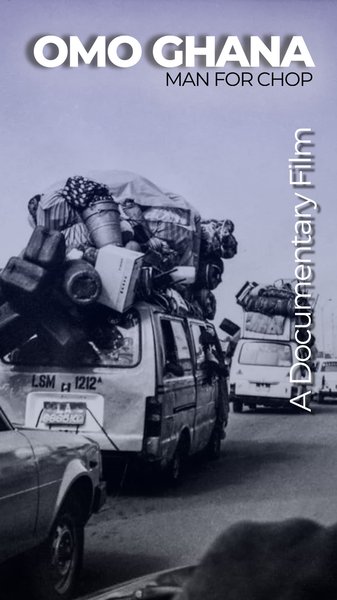The political mobilisation and transnational solidarity team, based at the University of Ghana and University of Cape Town, worked in partnership with the Migration Advocacy Centre Ghana (MAC) to build solidarity with migrants and local communities. Organising several community dialogue sessions and events in Accra, brought migrant communities, organisations that support migrants as well as the Ghana Union of Traders Association (GUTA), an organisation which has organised anti-immigrant campaigns. During the meetings, the expulsion of Ghanaians from Nigeria in 1983, also known as “Ghana Must Go”, emerged as a justification for anti- migrant sentiments. However this narrative simplifies the history of migration between the two countries dating back to the expulsion of Nigerians from Ghana in 1954. To counter these anti-migrant narratives, the team interviewed Ghanaians living in Nigeria in 1983. Their research highlighted the experiences of migrants, their positive sentiments towards Nigerians and how the state led anti-migrant narrative led to their expulsion.
The lived experiences of Ghanaian migrants captured through this research highlight the dangers of anti-migrant narratives and the likely outcomes of violence, expulsions, and loss of property and lives which emerged during this period. Thus, sharing these findings with local communities can help shift narratives on migration in Ghana. Marking the 40th anniversary of the “Ghana Must Go” expulsion, MAC, the MIDEQ team and local artists curated an exhibition of the lives of people who lived in Nigeria during the expulsions and the broader historical context. The exhibition included performances, dialogues, radio and television debates as well as moderated conversations on migration in Ghana.

